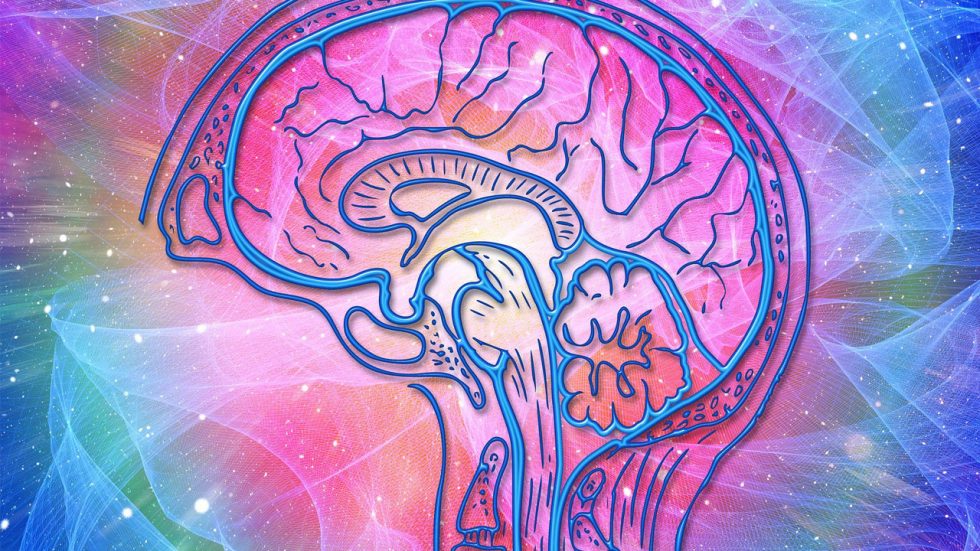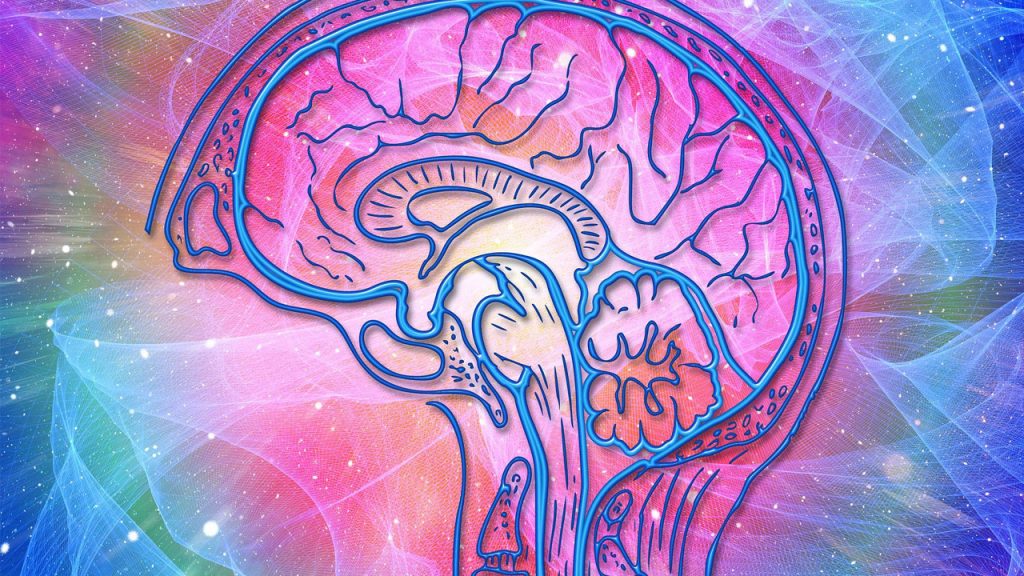
Mindfulness Changes the Brain of Skeptic TV Journalist

I’m sure you’ve heard of the trend of mindfulness meditation. However, is there any evidence that mindfulness meditation can change our brain?
Graham Phillips, Ph.D., an Australian TV Journalist, and astrophysicist had heard all the healthful benefits of mindfulness meditation but was still a skeptic. “For me to take meditation seriously, I need some hard evidence that it’s changing my brain for the better.”
Well, Phillips was taken to Monash University to be evaluated by biological psychology professor, Neil Bailey, Ph.D. and clinical psychologist, Richard Chambers, Ph.D. They performed a pre-test using an MRI on Phillips to measure the volume of each region of the brain, precisely measuring the areas that are responsible for memory, learning, motor control, and emotional regulation, the ability to master emotion during challenging times.
Two weeks of practicing mindfulness meditation, Phillips reported feeling less stressed and emotionally able to handle life and job challenges.
Eight weeks later, Phillips returned to Monash University for a post-test. The results:
- His brain was more energy efficient than the pre-test
- An overall decrease in neural activity
- Improvement in memory
- Quicker reaction time to unexpected events
- The volume of nerve cells in the dentate gyrus (within the hippocampus) had increased by 22.8 percent.
Even though Phillips’ brain shows diminished brain activity, his cognitive abilities increased by “several orders of magnitude” and a dramatically increased ability to regulate emotions.
This case study gives evidence that the effect of meditation identifies neural growth in multiple brain regions, including attention control, emotional regulation, and self-awareness.
References: Dawson Church, Ph.D., Mind to Matter, The Astonishing Science of How Your Brain Create Material Reality. Pg 5-7, Hay House, Inc. California, Copyright 2018
Add A Comment